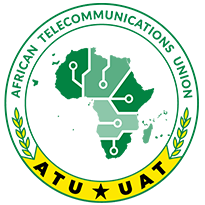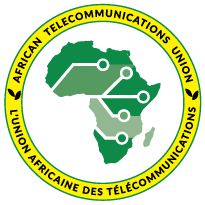At the beginning of June, the African Telecommunications Union (ATU) signed a Memorandum of Understanding with Ericsson to help decrease the cost of technology across the continent. The MOU is expected to provide ground for supporting the growth of ICT as a critical infrastructure for the 21st century and help set the foundation for social and economic progress in the continent. The two organisations further look towards realising global and regional coordination and harmonization of spectrum usage by increasing economies of scale and maximizing the affordability for all users in Africa.
“Our collaboration with Ericsson is geared towards connecting, innovating and transforming the continent into a knowledge economy,” said Mr. John OMO-Secretary General of ATU who spoke during the signing of the MoU in Nairobi. He further noted that it is imperative for economies across the continent to become more competitive, agile, open and innovative in order to leverage on ICT innovations to transform African nations into smart economies.
Ericsson through Mr. Jonathan ADAMs, Vice President and Head S.E Africa, lauded the partnership and expressed commitment to laying focus on spectrum management strategies in bid to enhance effectiveness of wireless communication. “We aim to share global best practices strategies that will ensure efficient use of scarce resources and allocation of new spectrum and in turn enable a more connected and knowledge-based society in Africa,” he said.
Today Africa continues to experience an unprecedented growth in mobile broadband, with traffic, subscriptions, and ownership of devices growing at exponential rates. The continent has emerged as one of the strongest adopters of innovation, with a rapid rise in usage of technology. According to a November 2019 Ericsson Mobility Report, by 2025, Sub-Saharan Africa mobile broadband subscriptions will increase to about 70% of mobile subscriptions, with increased 4G coverage and uptake being the main engine. Driving factors behind this shift include a young and growing population and availability of lower priced smart and feature phones.
Radio spectrum is a scarce resource as there are a limited number of services and uses that can be accommodated in any given part of the spectrum, even in the digital world. As a result, in developing countries where mobile communications users now greatly outnumber those using fixed line telecommunication services, it is widely recognized that the spectrum is a highly valuable resource for future economic development. Therefore, the harmonized and globally aligned frameworks as envisaged in the partnership between ATU and Ericsson will assist African countries in spectrum management activities and consequently facilitate cost efficient roll out of ICT.


